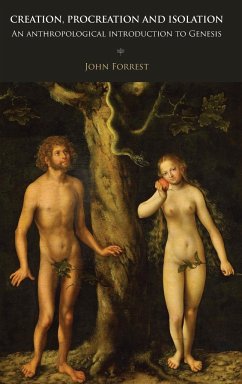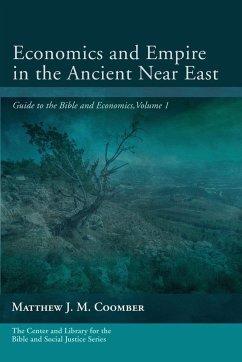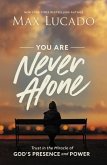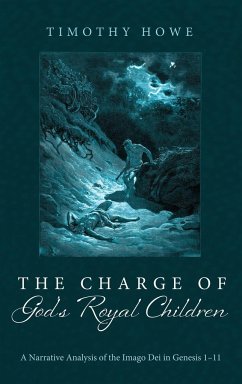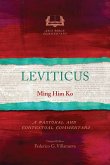Genesis is unlike any other book in the Bible. Indeed, it is unlike any other book you are likely to come across. Most people will be aware of many of its stories, such as Adam and Eve, Noah's Ark or the Garden of Eden, even without ever having read the actual tales. Their images reside in the collective consciousness of generations, appearing in countless works of poetry, art, song, literature, advertising and film. From scholarly commentaries to internet videos, from sermons to simple story books, there is a superabundance of all kinds of exegeses for all tastes. However, Genesis is also, arguably, the most contested battleground of the entire Bible. Whatever you say about Genesis, someone will disagree with you: especially if you put a cultural anthropologist and an evangelical Christian in the same room. Undaunted, John Forrest argues that there is much to be gained from a reading of Genesis that combines the depth of biblical scholarship, motivated by faith, with anthropology's developed understanding of the cultural contexts of societies. Demonstrating this in his careful analyses, it turns out that the stories of Genesis are a great place to start when introducing students to anthropological themes as diverse as gender roles and sexuality; state powers and exile; the transition from foraging to herding and agriculture; kinship, marriage systems and incest laws; and religion in society. His approach bridges old disciplinary divides and reveals Genesis, and the life lessons it contains, as a 'cultural survival manual' for an oppressed people in exile. Its fundamental strategy becomes clear: to grow strong and numerous in complete isolation from the taints and temptations of other cultures.
Hinweis: Dieser Artikel kann nur an eine deutsche Lieferadresse ausgeliefert werden.
Hinweis: Dieser Artikel kann nur an eine deutsche Lieferadresse ausgeliefert werden.

